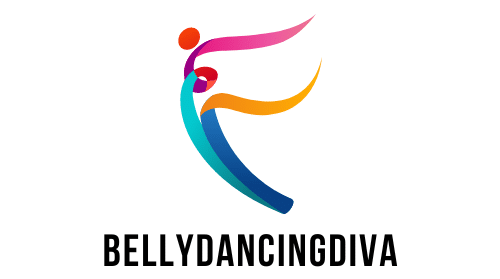Benchmarking top chatbots in the market

The landscape of chatbots continues to evolve rapidly, with businesses across industries leveraging these AI-powered tools to enhance customer service and operational efficiency. As the demand for chatbot solutions grows, several leading platforms have emerged, each offering unique features and capabilities. This article provides an in-depth benchmarking of some of the top chatbots in the market, evaluating their strengths, weaknesses, and suitability for various business needs.
Overview of leading chatbots
In today's market, Chatfuel and ManyChat stand out as top choices for businesses seeking user-friendly solutions to automate customer interactions and enhance engagement through Facebook Messenger. You can click on https://www.mychatbotgpt.com/ for more details.
A découvrir également : Can Quantum Dots Enhance Solar Panel Efficiency and Accessibility?
Chatfuel
Chatfuel is a popular chatbot platform known for its user-friendly interface and robust features, making it ideal for businesses looking to deploy chatbots on Facebook Messenger. It offers a drag-and-drop interface that allows users to create conversational flows without needing extensive programming knowledge. Chatfuel's AI capabilities include natural language understanding (NLU) for intent recognition and response generation based on predefined rules or machine learning models.
While Chatfuel excels in simplicity and ease of use, it may have limitations for businesses requiring extensive customization or integration beyond Facebook Messenger. The platform's pricing structure is based on the number of active users and messages, making it scalable for businesses of varying sizes. Chatfuel also provides analytics and insights into user interactions, enabling businesses to optimize their chatbot strategies based on performance metrics.
A voir aussi : The thrill of discovering mystery box wine delights
ManyChat
ManyChat is another prominent chatbot platform focused on Facebook Messenger marketing and automation. It offers a visual flow builder that simplifies the creation of chatbot sequences and automation rules. ManyChat's features include broadcast messaging, drip campaigns, and e-commerce integration, making it suitable for businesses looking to drive sales and engagement through Messenger.
One of ManyChat's strengths is its extensive library of templates and plugins, which allow users to quickly deploy pre-built solutions for common use cases like lead generation and customer support. It also provides analytics and reporting tools to track performance metrics such as open rates, click-through rates, and user engagement. However, businesses may encounter limitations with complex automation workflows or integration requirements outside of Facebook Messenger.
Comparative analysis
When comparing Chatfuel and ManyChat, businesses can weigh the user-friendly interface of Chatfuel against ManyChat's robust marketing automation features to find the best fit for their needs.
Ease of use and interface
Both Chatfuel and ManyChat offer intuitive interfaces and visual builders that simplify the process of creating and managing chatbots. Chatfuel's drag-and-drop interface is particularly beginner-friendly, allowing users to build conversational flows without coding skills. ManyChat's visual flow builder is similarly user-friendly, offering a wide range of customization options through its library of templates and plugins. However, Chatfuel's focus on simplicity may make it more accessible for users new to chatbot development, while ManyChat's extensive features cater to businesses looking for robust marketing automation capabilities.
AI and natural language processing (NLP) capabilities
In terms of AI and NLP capabilities, Chatfuel and ManyChat both offer basic natural language understanding for intent recognition and response generation. Chatfuel's AI features are suitable for creating rule-based chatbots or simple machine learning models to handle user queries. ManyChat enhances its AI capabilities with advanced automation rules and integration options, allowing businesses to create more personalized and responsive chatbot experiences.
Integration and scalability
Chatfuel and ManyChat integrate seamlessly with Facebook Messenger, leveraging the platform's extensive user base and messaging capabilities. Both platforms support e-commerce integration, allowing businesses to automate sales processes and customer interactions within Messenger. However, businesses requiring multi-channel deployment or integration with other messaging platforms may find limitations with both Chatfuel and ManyChat, as they are primarily optimized for Facebook Messenger.
Pricing and support
Chatfuel and ManyChat offer tiered pricing plans based on the number of active users or messages, making them scalable for businesses of different sizes. Chatfuel provides comprehensive customer support and resources, including documentation and community forums, to assist users in building and optimizing their chatbots. ManyChat offers similar support options, along with a dedicated customer success team and live chat support for resolving technical issues and providing guidance on chatbot strategies.
In summary, choosing the right chatbot platform depends on various factors, including business objectives, technical requirements, and budget considerations. Chatfuel and ManyChat are both excellent choices for businesses looking to leverage Facebook Messenger for marketing automation and customer engagement. Chatfuel's simplicity and ease of use make it ideal for beginners or businesses with straightforward chatbot needs, while ManyChat's robust features and extensive customization options cater to more advanced marketing strategies.
